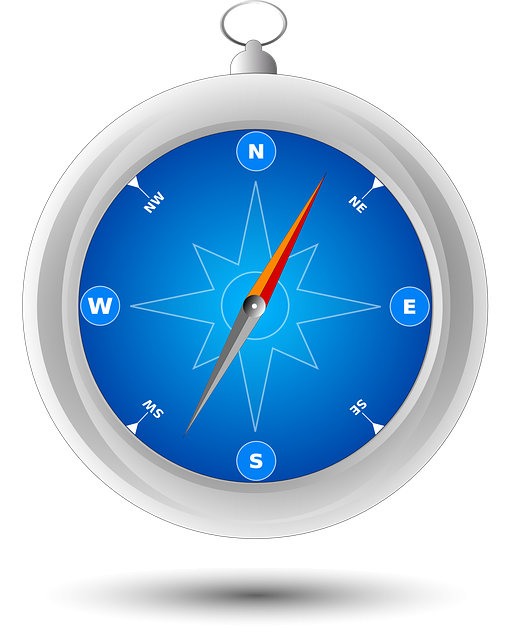Navigating Oregon DHS child welfare cases requires a strategic and comprehensive approach. Key strategies involve understanding the state's DHS legal procedures, familiarizing oneself with case stages, and providing support to families. Effective navigation includes staying informed, advocating for rights, building strong communication with caseworkers, and utilizing available resources like legal aid and community programs. By adopting these child welfare case strategies, advocates can ensure the best outcomes while upholding legal rights in Oregon DHS cases.
Oregon’s Department of Human Services (DHS) handles complex child welfare cases, demanding meticulous navigation. This article provides a comprehensive guide to understanding and effectively managing these cases. We explore key strategies for navigating DHS procedures, highlight crucial legal considerations specific to Oregon, and offer practical tips for building strong cases. By delving into these aspects, individuals involved in child welfare can ensure the best outcomes for children while successfully navigating the DHS legal landscape in Oregon.
- Understanding Oregon DHS Child Welfare Cases: A Comprehensive Overview
- Key Strategies for Effectively Navigating DHS Case Procedures
- Legal Considerations and Support for DHS Child Welfare Cases in Oregon
- Building a Strong Case: Practical Tips and Resources for Success
Understanding Oregon DHS Child Welfare Cases: A Comprehensive Overview

Oregon DHS Child Welfare cases require a thorough understanding of both the complex legal procedures and the unique challenges that arise in these situations. The Department of Human Services (DHS) in Oregon is tasked with ensuring the safety, health, and well-being of vulnerable children within the state. Navigating these cases demands a strategic approach, as the goal is always to provide the best possible outcomes for involved children while also upholding legal rights and due process.
Comprehensive knowledge of DHS legal procedures in Oregon is essential. This includes familiarizing oneself with the various stages of child welfare cases, from initial reports and investigations to court hearings and case closure. Understanding the specific requirements, timelines, and documentation needed at each stage can significantly impact the outcome. Support for families involved in these cases is crucial, offering resources and guidance to help them navigate this often-stressful process effectively.
Key Strategies for Effectively Navigating DHS Case Procedures

Navigating Oregon DHS child welfare cases requires a strategic approach to ensure the best possible outcome for involved families. Key strategies include staying informed about DHS legal procedures in Oregon, proactively seeking support from legal aid organizations or advocates experienced in DHS cases, and building strong communication channels with caseworkers. Understanding the specific steps within each phase of the case process is essential. This involves learning when to file responses, attend hearings, and gather necessary documentation.
Effective navigation also demands a focus on advocacy for the rights of all parties involved, especially those of children. It’s crucial to be prepared for meetings and court appearances by organizing relevant information, such as medical records or evidence of parenting classes completed. Keeping detailed notes throughout the case process can aid in tracking progress and identifying potential issues that may arise. Proactive engagement with DHS legalities fosters a more efficient resolution of Oregon DHS child welfare cases.
Legal Considerations and Support for DHS Child Welfare Cases in Oregon

Navigating Oregon DHS Child Welfare Cases requires a deep understanding of both the legal procedures specific to these situations and the support systems available for all involved parties. The Department of Human Services (DHS) in Oregon manages child welfare cases with the ultimate goal of ensuring the safety, well-being, and stability of children. Legal considerations in these cases are multifaceted, involving not only state laws but also federal regulations that guide the department’s actions. Understanding these legalities is crucial for effective case management.
Support for DHS child welfare cases in Oregon is extensive, catering to both children and their families. This includes access to legal aid services that can help explain rights and obligations during the process. Various non-profit organizations and community resources offer additional assistance, focusing on family preservation, counseling, and skills training. These strategies are designed to help families regain stability and avoid unnecessary separations while adhering to the strict guidelines set by DHS legal procedures in Oregon.
Building a Strong Case: Practical Tips and Resources for Success

Building a strong case is paramount in Oregon DHS child welfare cases. To navigate these complex legal procedures effectively, advocates and parents should familiarize themselves with essential case strategies. Firstly, thorough documentation is key; maintain detailed records of interactions, conversations, and relevant information. This includes gathering evidence, such as medical reports and witness statements, to support your position. Utilizing Oregon DHS resources, like their guidelines and policies, can provide valuable insights into the legal process and expected procedures.
Additionally, staying informed about recent developments in child welfare legislation and case law specific to Oregon is beneficial. Engaging with legal professionals experienced in DHS cases offers crucial guidance and support. They can assist in interpreting laws, regulations, and court decisions, ensuring your case strategy aligns with current legalities. Online forums and support groups for parents involved in DHS cases are also valuable resources, offering a network of peers who can share insights and practical tips for navigating these challenges successfully.
